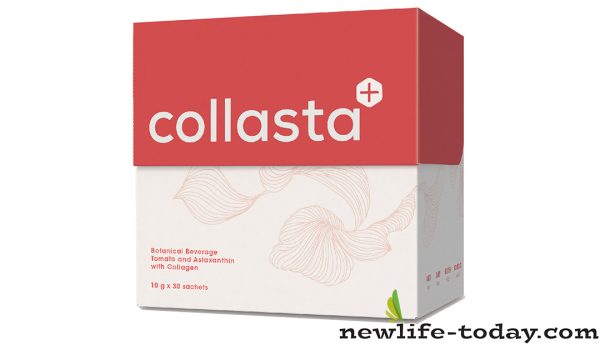Vitamin B9: Scientific Definition and Benefits
Vitamin B9, also known as folate (when naturally occurring) or folic acid (when in synthetic form), is a water-soluble B vitamin essential for numerous physiological functions, particularly in cell growth and division. It plays a vital role in the synthesis of DNA and the formation of red blood cells, making it particularly important during periods of rapid growth, such as pregnancy and infancy. Folate is also involved in amino acid metabolism and can help lower the levels of homocysteine in the blood, a risk factor for heart disease.
Health Benefits of Vitamin B9
-
Support for Pregnancy and Fetal Development
- Folate is crucial during pregnancy for proper fetal development, particularly in the formation of the neural tube. Adequate folate intake reduces the risk of neural tube defects (e.g., spina bifida) and promotes healthy brain and spinal cord development.
-
Red Blood Cell Formation
- Folate is essential for the production and maturation of red blood cells, helping prevent megaloblastic anemia, a condition where the body produces abnormally large red blood cells that cannot function properly.
-
DNA Synthesis and Cell Division
- Folate is involved in the synthesis of DNA and RNA, critical processes for cell division and growth. This makes it especially important during periods of rapid growth, such as in infants, adolescents, and pregnant women.
-
Heart Health
- Folate helps lower homocysteine levels in the blood, which, when elevated, can increase the risk of heart disease and stroke. Adequate folate intake helps maintain cardiovascular health by supporting healthy blood vessel function.
-
Mental Health and Cognitive Function
- Folate is involved in the synthesis of neurotransmitters, such as serotonin, which regulate mood, cognition, and mental health. Adequate folate levels are linked to a lower risk of depression and improved cognitive function.
-
Cancer Prevention
- Some studies suggest that folate may reduce the risk of certain cancers by supporting normal DNA synthesis and repair. However, more research is needed to determine the exact role of folate in cancer prevention.
-
Support for Immune System
- Folate plays a role in supporting the immune system by ensuring the production of new, healthy cells, including those involved in immune defense.
-
Prevention of Birth Defects
- Adequate folate intake before and during pregnancy can significantly reduce the risk of birth defects such as cleft lip, cleft palate, and other congenital malformations.
Sources of Vitamin B9
- Natural food sources (folate):
- Leafy green vegetables (spinach, kale, collard greens, and lettuce).
- Legumes (lentils, beans, peas).
- Citrus fruits (oranges, lemons).
- Avocados and broccoli.
- Nuts and seeds.
- Whole grains and fortified cereals.
- Synthetic form (folic acid):
- Found in fortified foods, such as breakfast cereals, bread, pasta, and some beverages.
- Available in supplements (often in combination with other B vitamins in B-complex supplements).

